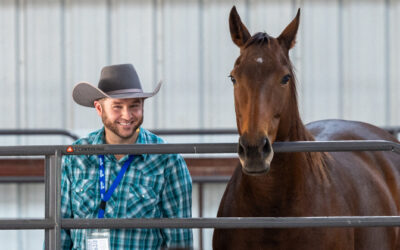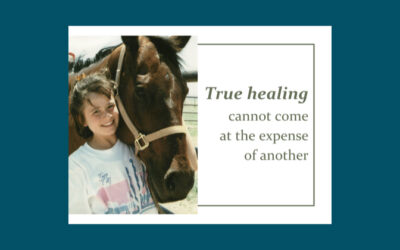An approach to Equine Assisted Services based on the science of relationships
Choosing your path is simple.
1. Find your way
Take the quiz to tell us about yourself and where you want to grow.
2. Start your journey
See our recommendation and walk the path that is right for you.
3. Evolve your life and practice
Experience the transformative power of connected relationships in your personal and professional life.
A Path That Meets You Where You Are
Walk With Us
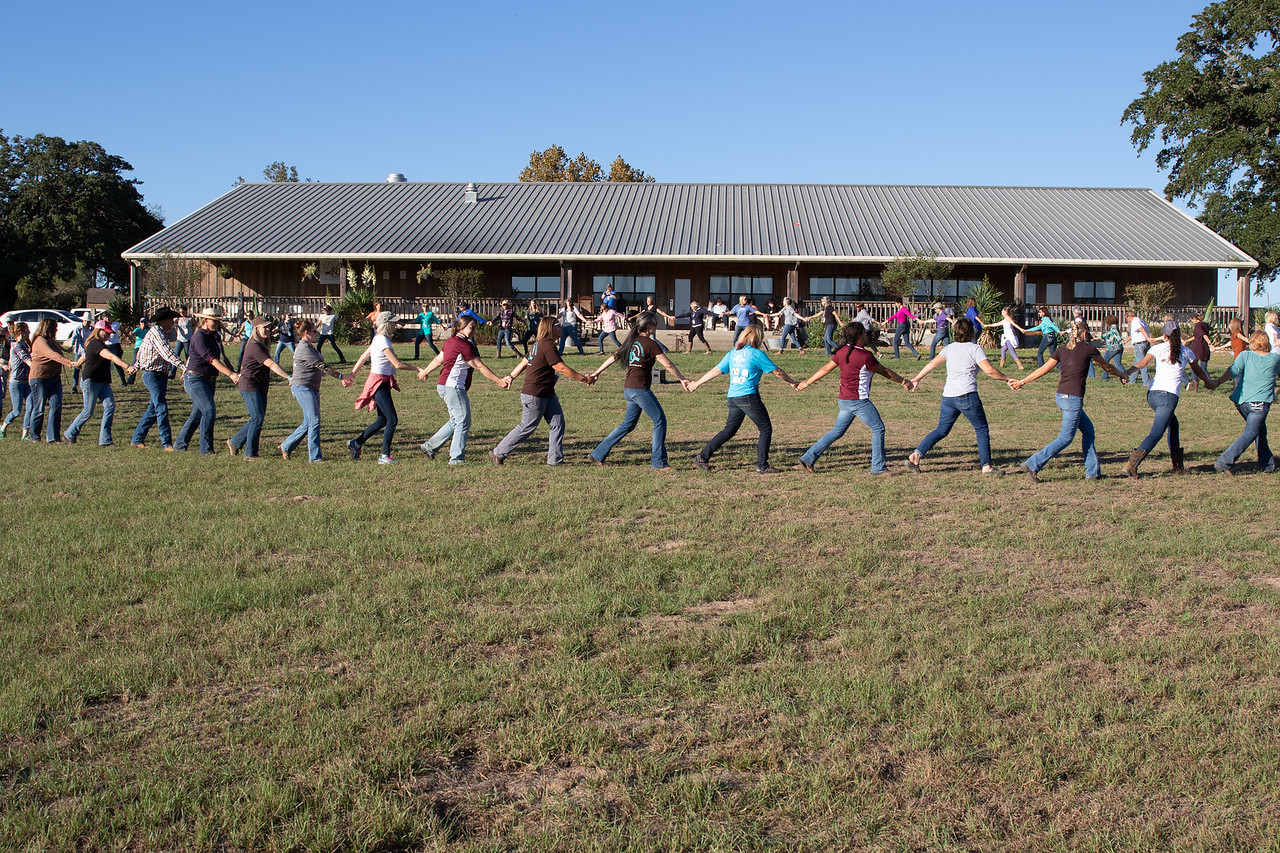
Membership
Stay connected with other practitioners and professionals, receive early access and discounts for new workshops and conferences, and gain access to a video library containing hundreds of hours of streaming videos—and a course library for ongoing, self-paced learning offering CE credits.
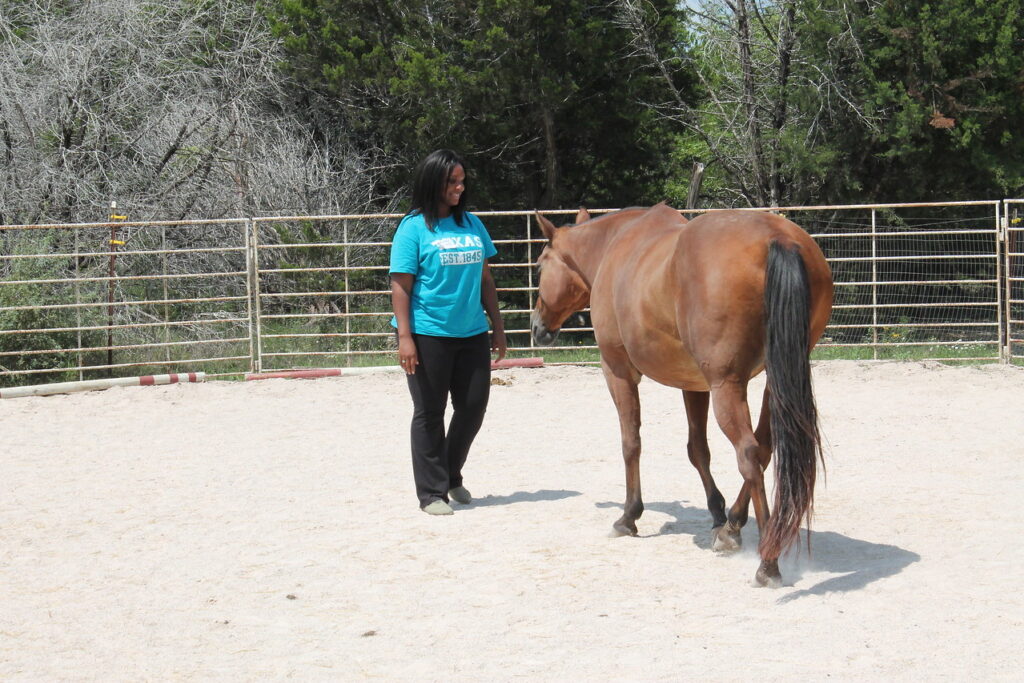
Training
In-person and virtual options designed to meet you where you are and help you grow both personally and professionally.
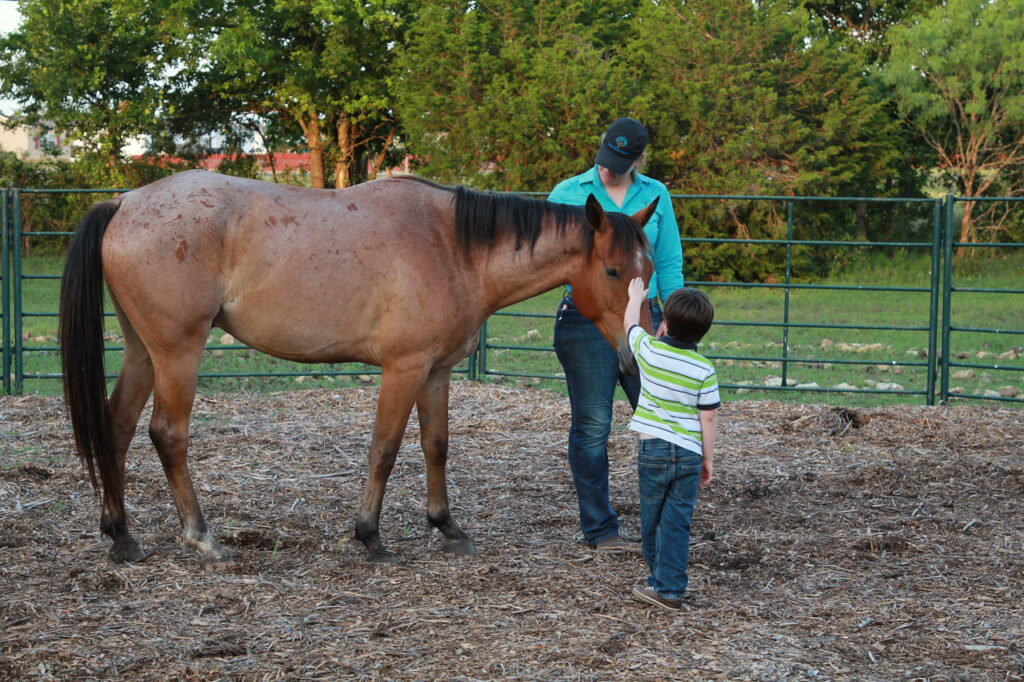
Certification
Integrate and embody the principles of deep connection and relationship with yourself, your clients, and your equine partners. Receive individual, team, and group support for your own EAS practice —your specific clients, horses, and facilities.
Approved Training Provider

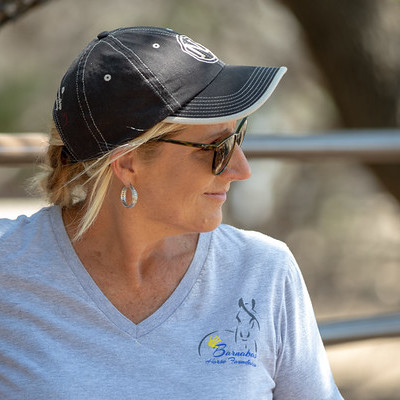
Sue McKinney
Founder and program Director of Barnabas Horse Foundation,
NL Certification Student
Get to Know Natural Lifemanship®
Horses are powerful partners because…
Horses are capable of engaging in healthy, genuine connection, relationship, and partnership. This relationship can be profoundly deeper than words.
A HORSE IS NOT
- A tool for our healing, an object, a mirror, or a metaphor
- A flawless magical creature capable of divine intervention
- A therapist
- A human
A HORSE IS
- A herd animal who depends on interconnected and complex relationships
- A mammal who craves connection and authenticity
- A highly sensitive creature who relies on ongoing, subtle, and embodied communication
- A sentient being, an individual, with their own wants, needs, and histories— including their own wounds to heal
Looking for equine assisted personal growth or therapy options for yourself?
We have two exclusive paths designed to support you in your own healing journey.
Our personal growth workshops, trainings, and retreats provide opportunities for connecting deeper to yourself, building internal resilience, and moving forward towards health and wellness.
If you are seeking more individualized support closer to home, our practitioner listing will connect you with a professional who is certified by Natural Lifemanship® or in the process of certification.
Simply choose your path below, and begin your journey.
Our blog
What is Equine Therapy?
By Kate Naylor and Bettina Shultz-Jobe “Equine therapy” is probably the most commonly used term to describe, well, just about any therapeutic service involving horses. It is the most commonly searched term online, and we as practitioners use it all the time. But,...
NL Team Member Spotlight: Tanner Jobe
“Tanner’s skillset is vast. He is detail oriented, an amazing videographer and photographer, and impressive “out of the box” thinker. He is constantly striving to help NL improve on the technology front. AND he’s wildly intuitive, relational, able to navigate...
True Healing Cannot Happen at the Expense of Another
When I was a pre-teen I was horse crazy. I had Breyer horses in my room and horse shoes with pictures inside of them all over my walls. One year for Christmas my parents got me a subscription to the Quarter Horse Journal. I read every single word and even indexed all...




